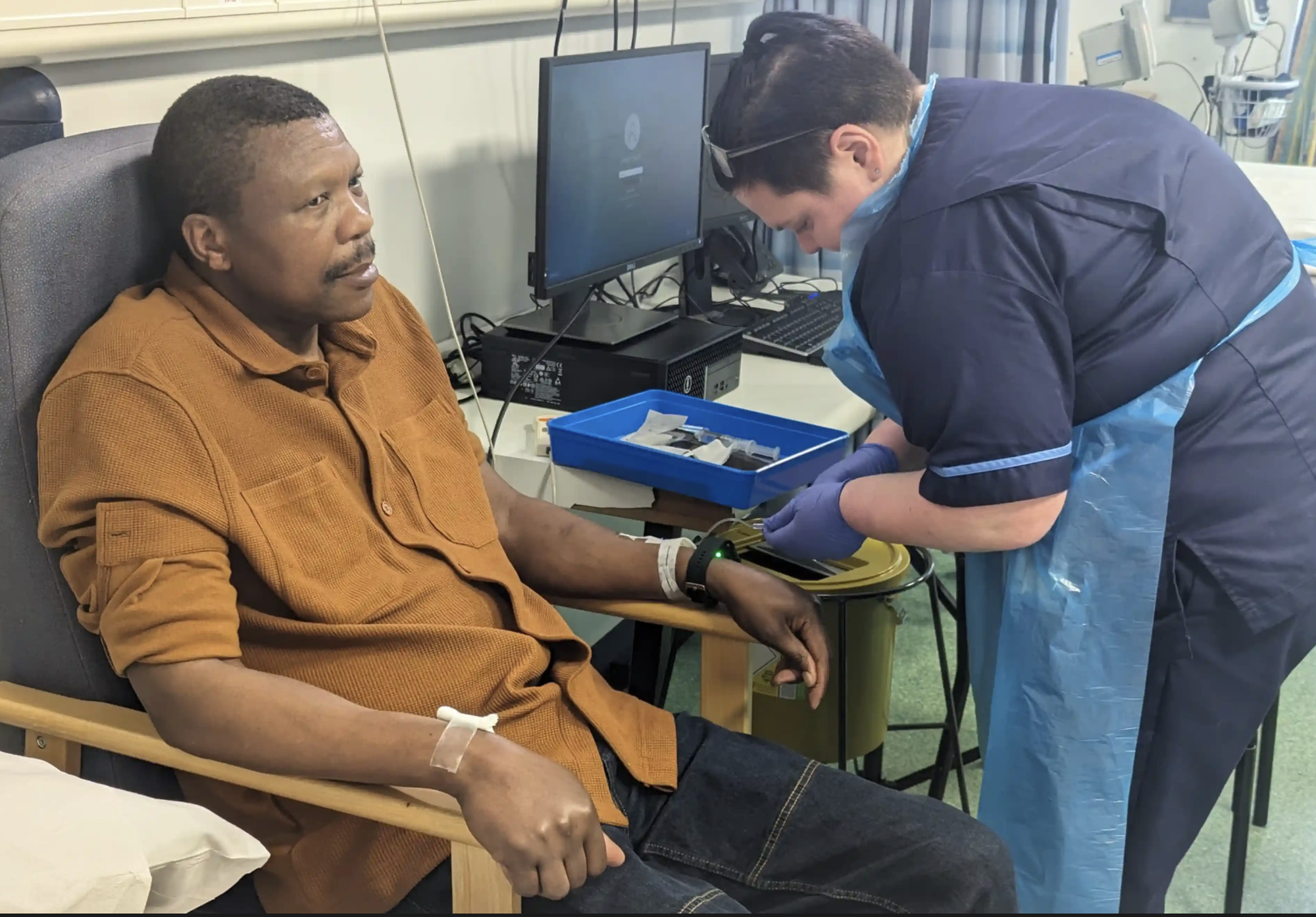
Mr. Elliot Pfebve, the first patient to undergo a clinical trial of a colorectal cancer vaccine in the UK - Photo: NHS
According to The Guardian , the UK's National Health Service (NHS) is recruiting thousands of volunteers for the world's first large-scale clinical trial of a "personalized" cancer vaccine.
Patients who meet the eligibility criteria and agree to have blood tests and cancer tissue samples taken will be enrolled in the trial.
Dozens of patients have already been approved and the NHS is set to recruit several thousand more at 30 NHS sites across England.
The first trials are expected to focus on colorectal, skin, lung, bladder, pancreatic and kidney cancers... and will be expanded further in the future.
Cancer vaccines are tailored to each patient, after doctors take a piece of the tumor and sequence its DNA. It takes just a few weeks to create a personalized shot for that patient’s tumor.
Once in the body, cancer vaccines work by instructing the patient's immune system to hunt down and destroy any cancer cells, preventing the disease from returning.
The first patient to take part was Elliot Pfebve, 55, a lecturer at Coventry University. He had no symptoms but was diagnosed with colorectal cancer following a routine check-up with his family doctor.
To test the cancer vaccine on Mr. Elliot, surgeons first removed the tumor and 30cm of his colon, then administered chemotherapy. Researchers then took samples and analyzed his tumor to identify specific mutations and then tailor the vaccine to his needs.
Speaking about the patient's current condition, Dr. Victoria Kunene said it was too early to say whether the patient had been completely cured, but she also hoped for a miracle.
"Based on the limited data we have, the vaccine and patient response is currently positive and significantly effective. However, we still need more data and need to continue testing on other suitable patients before drawing conclusions," she said.
For Mr. Pfebve, taking part in this trial was a truly important decision in his life, meaningful both personally and for his family.
"It's great that I can contribute a small part to creating a new cancer treatment and if successful, many other patients will be cured," Mr. Elliot confided.
NHS officials say if these personalised vaccines are successfully developed, researched and approved, they could become part of standard healthcare.
Cancer vaccines kill any remaining cancer cells?
In April, The Guardian reported that doctors had begun testing the world’s first personalized mRNA cancer vaccine for melanoma. Experts hailed the vaccine’s potential, calling it a “game changer” in curing cancer permanently.
Professor Peter Johnson, NHS England's clinical director for cancer, said: "We understand that even after successful surgery, cancer can sometimes come back because some cancer cells remain in the body. However, using a vaccine to target those remaining cells could be a way to stop the cancer coming back."
Source: https://tuoitre.vn/anh-thu-nghiem-vac-xin-ngua-ung-thu-theo-nhu-cau-20240603031102135.htm










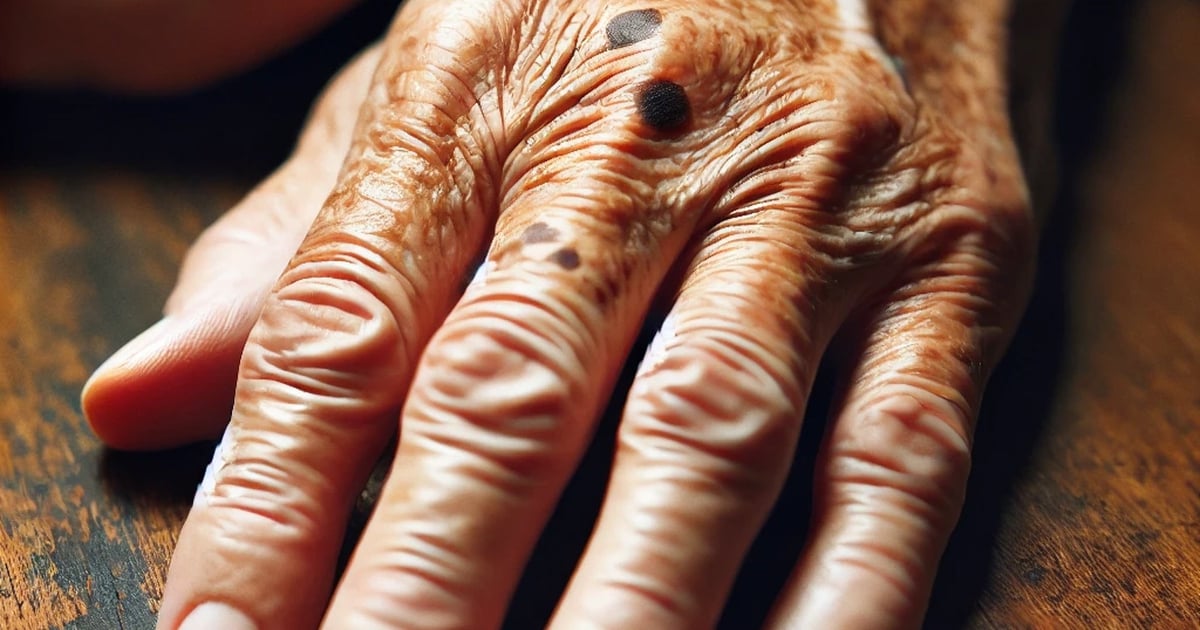



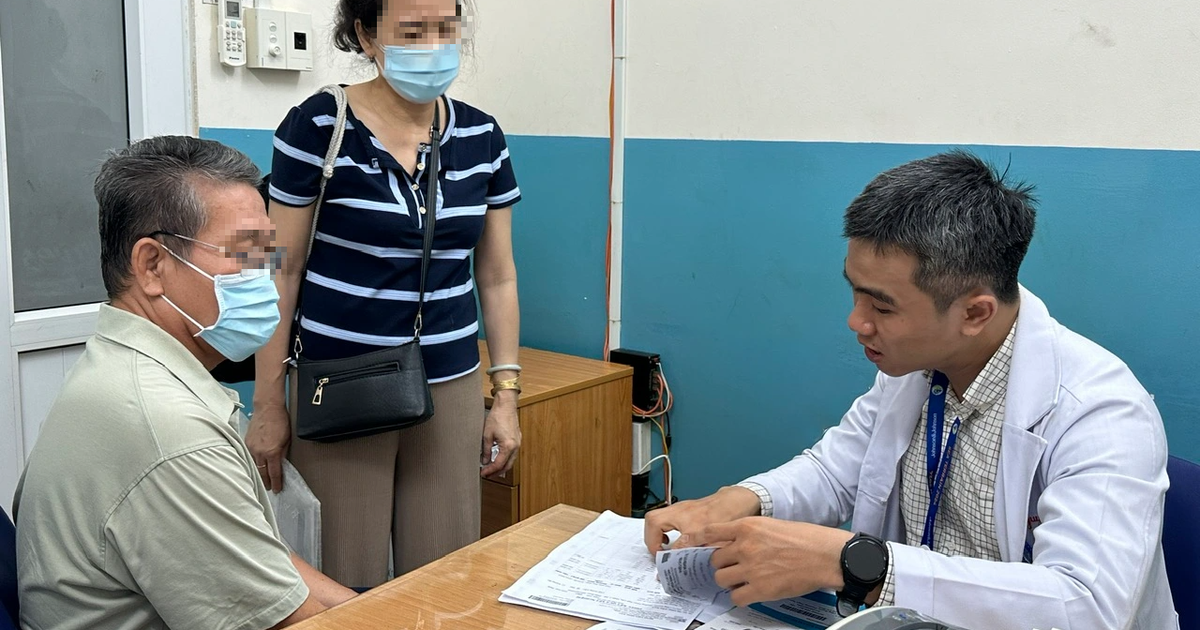






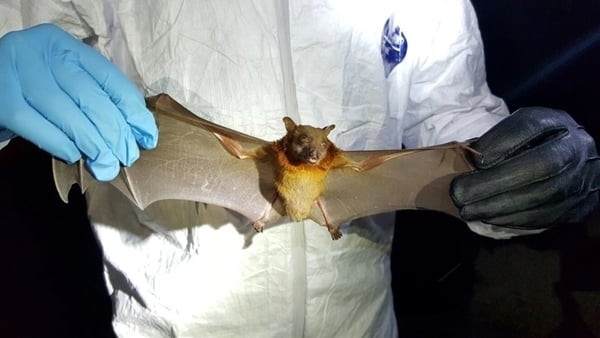




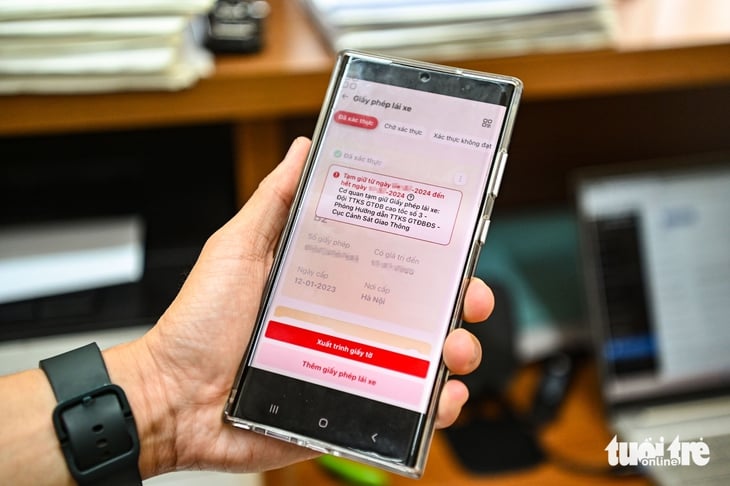
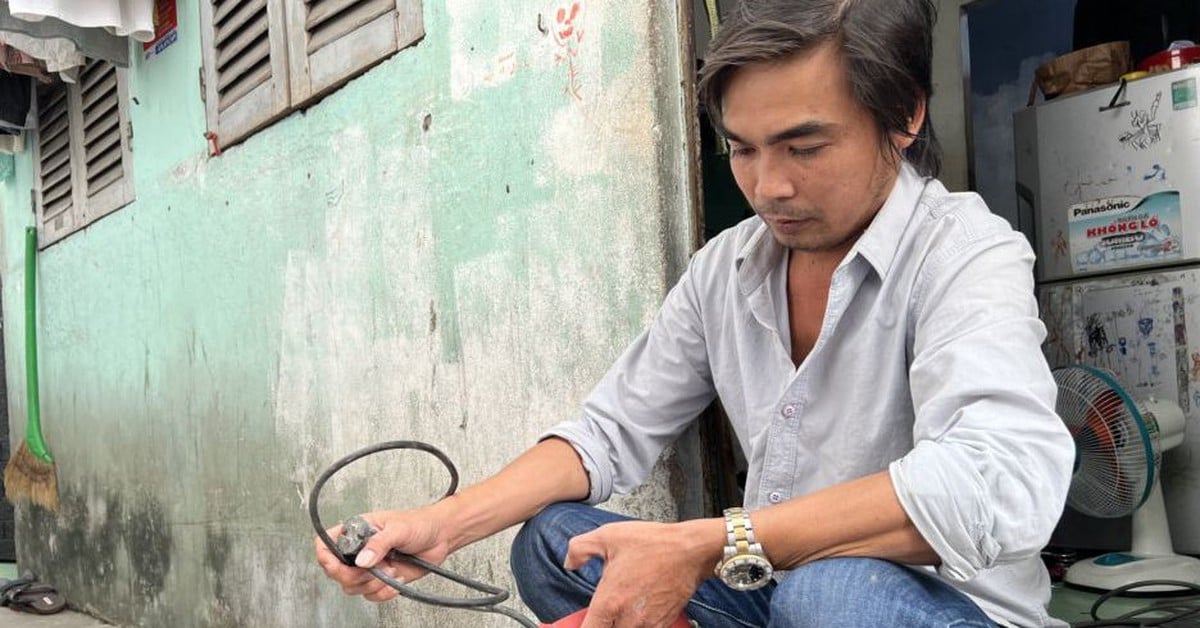

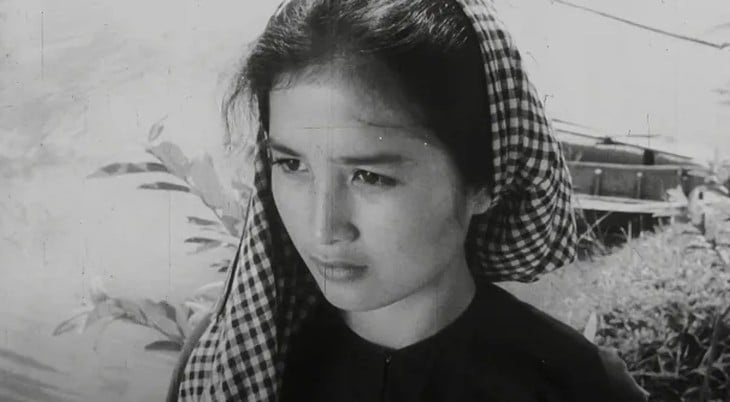








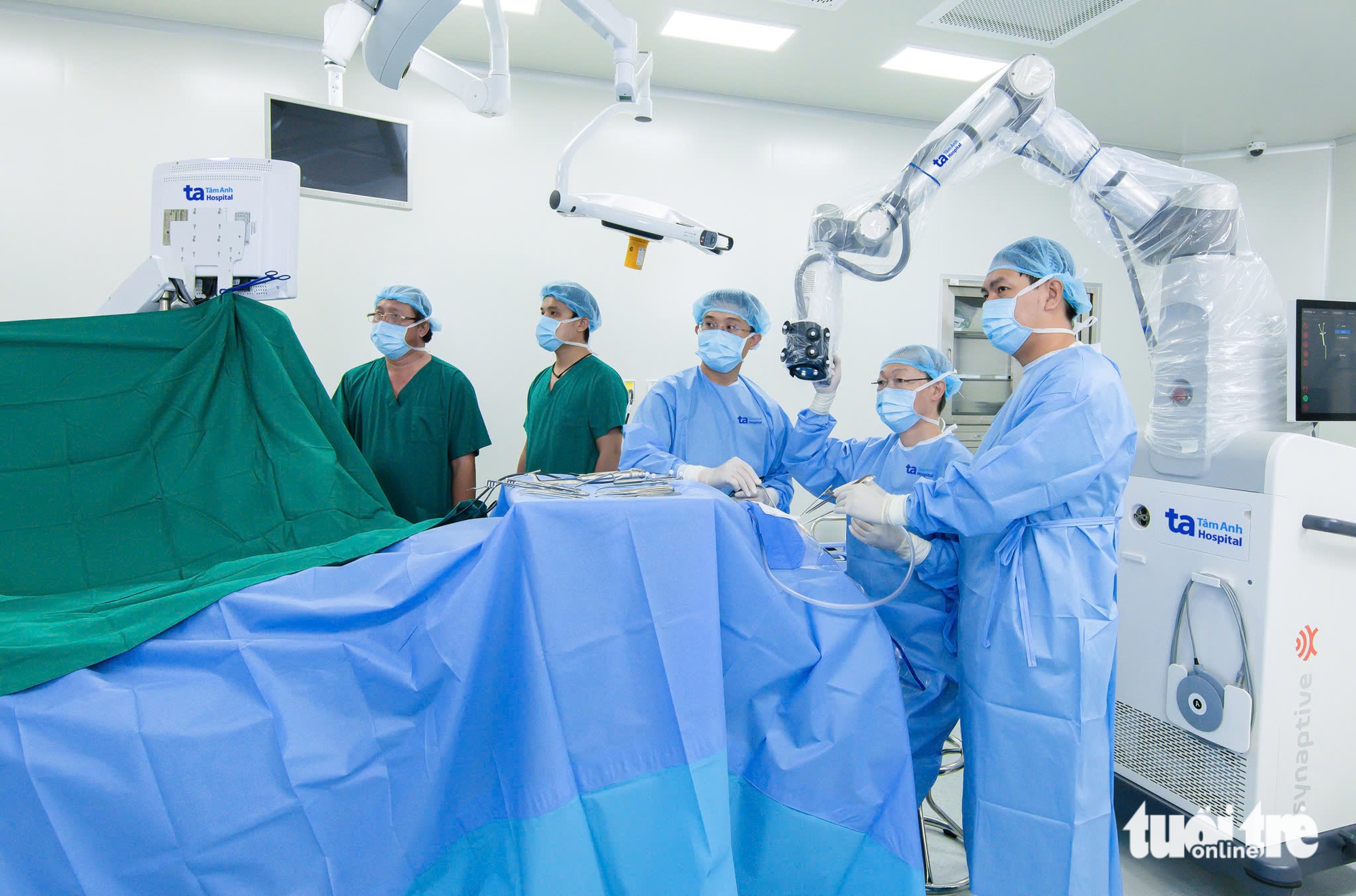

Comment (0)